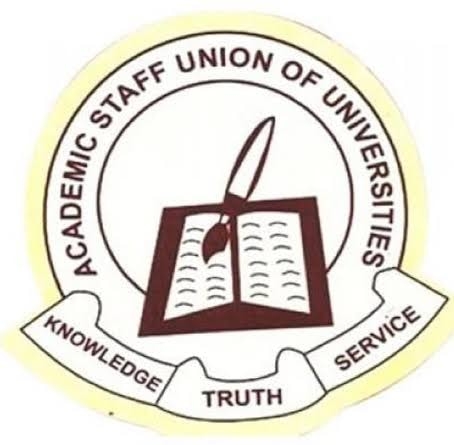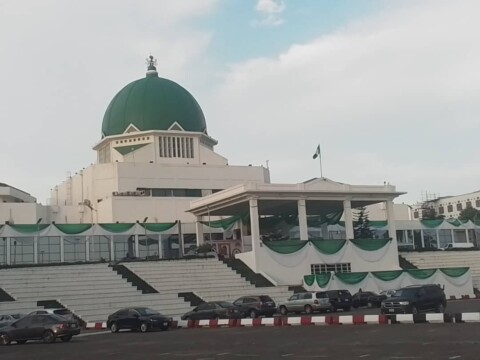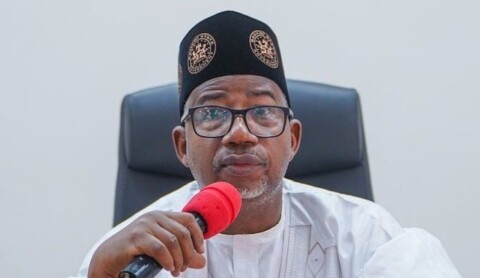The Academic Staff Union of Universities (ASUU) has raised serious concerns about the growing difficulties faced by public university workers in Nigeria. In a recent statement, Prof. Ayoola Akinwole, the Chairman of the University of Ibadan chapter of ASUU, highlighted this worrying situation in a release for Nigeria’s 64th independence anniversary. The statement was titled, “Nigeria at 64: A State in Need of Deliverance from The Leadership of Perpetual Have-Nots.”
Prof. Akinwole criticized the federal government for not responding quickly to the union’s concerns. He noted that ASUU has issued several warnings to the government, but the response has been slow. Currently, another 14-day warning period is about to end, during which the government is expected to meet the union’s demands. He stressed that if this does not happen, it could lead to unrest on public university campuses across the country.
The situation has forced many lecturers to leave Nigeria for better opportunities abroad. Some have tragically died due to financial struggles, while others who remain often find themselves in debt just to survive. Many have resigned from their teaching jobs to find work in the private sector, showing how critical the state of education is in Nigeria.
According to Prof. Akinwole, the decline in education and the overall state of the country are connected to poor political leadership. He pointed out that political leaders often respond to requests from educational workers and citizens by saying there are not enough resources to meet their needs. This neglect has serious effects on the educational sector, which struggles without the necessary tools, better pay for lecturers, and a supportive work environment.
In his call to action, Akinwole urged President Bola Tinubu to stop using the term “have-nots” and instead focus on solving the urgent issues facing university education. He emphasized the need to invest money in education to help it recover, improve salaries for teachers, and address the larger economic crisis affecting the country.
Prof. Akinwole warned that if the ongoing hardships are not fixed, Nigeria could face serious problems, including increased insecurity. He expressed concern about government spending priorities, pointing out that while ordinary citizens suffer, money is being spent on expensive purchases like new presidential jets and luxury cars.
The ASUU chairman painted a bleak picture of the current economic situation, stating that ordinary Nigerians are living in worse conditions. The gap between the rich and the poor continues to widen, with the wealthy becoming richer while the poor struggle to make ends meet. He noted that the middle class is disappearing because of overwhelming economic pressure and called for a shift in priorities to help those in need instead of just providing temporary relief.
In conclusion, Prof. Akinwole stressed that the government needs to change its focus from luxury spending to essential services. A small portion of the money spent on luxury items could be used to address critical issues in the education sector, which would help build a stronger foundation for Nigeria’s economic growth and stability.





